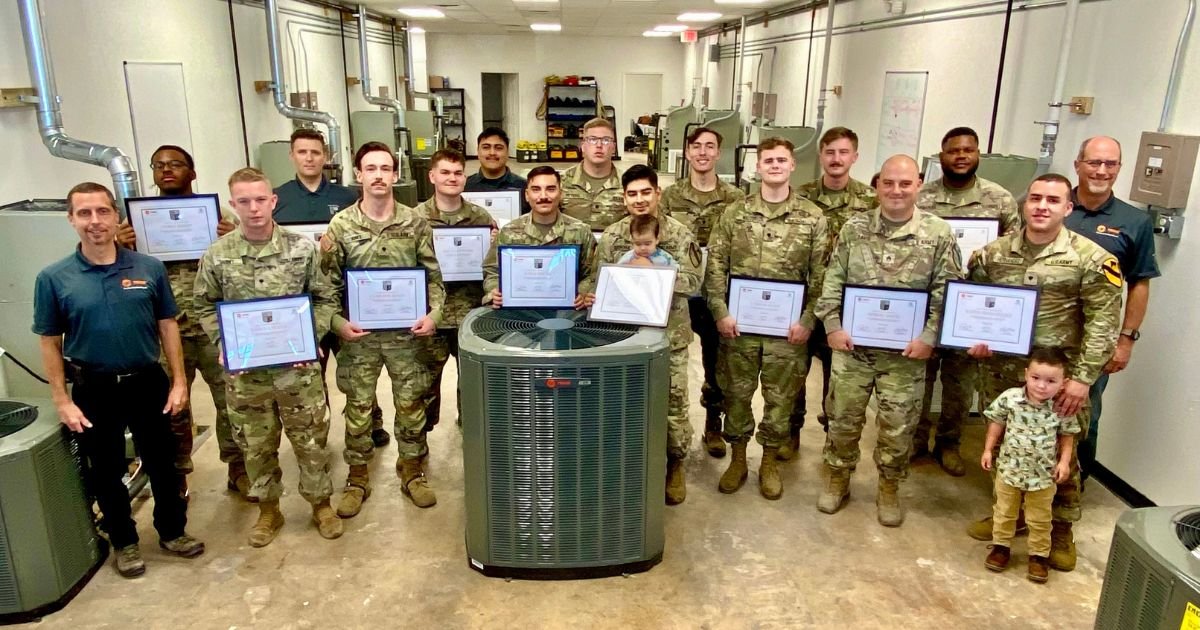Every student who dreams of attending college wants to get scholarships that will pay for school. "Scholarships are the holy grail - free money for college that doesn't have to be repaid," says Jean Chatzky, CEO of Her Money and College Ave Blog contributor. The challenge, however, is to figure out how to get them. Generally speaking, you need to get started with research (a scholarship matching tool is helpful), take the time to perfect your online profile, build your application, and apply to as many scholarships as you can. As it seems overwhelming, this article provides ten simple tips to reduce college costs by helping you find scholarships.
Tips to Make Most of the Scholarships
-
Start early (before junior year)
Starting your scholarship search early is important since you can apply for them after your junior year. You'll have more time to research which scholarship is worth your effort and time once you get a head start. After you understand your options, you'll have plenty of time to apply to colleges that others may pass over. Freshmen and sophomores in high school can apply for some scholarships, so knock out those applications as soon as possible!
-
Use a scholarship matching tool
It is no longer necessary for guidance counselors to file paper applications. It is now possible to search a huge database of thousands of scholarship opportunities online. It's easy to find the ones that fit your qualifications, experience, background, or interests through filters and keywords. Choose scholarships you're qualified for and disregard those whose requirements don't match yours. Don't let the number of options overwhelm you. Identify the scholarships that make the most sense and narrow them down.
-
Lean on your advisor
If you need help finding scholarships, your high school counselor or college advisor can be a great resource. The staff can guide you in what scholarships to apply for even if you are not applying in their office. You will often receive helpful feedback from advisors who will review your essays and applications. By looking at past scholarship winners, you can also gain valuable insight into how they approached their applications
-
Tap into your network
Let your employer, coaches, friends, and family members know you are looking for scholarships. Your parents should contact their friends and HR departments at their workplace to find out if they have scholarships for their family members.
-
Polish your online presence
You might be Googled by people reviewing your scholarship application (or job application, or college application). Check the results they find to make sure they are the right kind. You should know that even if you make your social media account private, colleges can still see your postings.
-
Look beyond your grades
Scholarships are available to students with a 4.0 GPA or higher. Some scholarship programs don't even take grades into account. On top of your GPA, it's also crucial to find a way to make your applications stand out. Take the time to think about what makes you uniquely qualified and deserving of a scholarship before you fill out the forms
-
Collect letters of recommendation
Teachers and community members who know you best usually write letters of recommendation for college and scholarship applications. A person who can attest to your strengths, qualifications, and ambitions could be your employer, school teachers, coaches, high school counselors, or someone else you rely on.
-
Apply for Many scholarships, big and small
You will likely need to earn scholarship funds from several different sources to pay for college. To cover all your bases, you will have to apply for many scholarships. You shouldn't overlook those with smaller awards. It doesn't take long to add up to $1,000 wins here and there. Furthermore, if you apply to more jobs, the greater your chances of getting hired.
-
Write a great essay
Most students shy away from essays when applying for scholarships; however, well-written essays will help you to differentiate yourself from the rest of the crowd. If you don't have strong writing skills, work with your advisor or attend a writing workshop to improve your skills and improve your chances of getting accepted to college
-
Practice your interview skills
Interviews are sometimes required for scholarships. It takes practice to be a good interviewee, so prepare answers about your education, experience, achievements, aspirations, and interests. The more comfortable you feel talking with the interviewer and answering questions, the more successful the interview will be. It is not necessary to be nervous during an interview; your interviewer is just looking for a sense of you and what makes you a good match. Show them what you're capable of now.
Conclusion
Research your options, complete thoughtful applications, and ask for support from people at your school and in your community if you want to get scholarships. By saving just a few hundred dollars, you can get a head start on college and start saving thousands.










.jpg)


